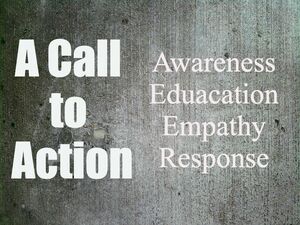 By Jenna Hendriksen, MA, MFT-LP As a country, we are suffering. We are overwhelmed with emotion; trying to grasp what is going on in the world. Between Covid-19 and yet another act of police brutality shining light on racism and injustice in our country, we are feeling at a loss. Be kind to one another; It is important to remember we are all in this together. Here are some ways you can cope with what's going on in the world and contribute in a positive and meaningful way. Emotional Awareness and Expression. It is important to acknowledge our feelings as it pertains to the recent series of events. How are you processing each emotional experience? To truly understand how you are feeling, slow down and get curious about how your body feels in your emotion. Our emotions are a neurological experience and we explain it using feelings words. Most often emotion is felt in your heart, lungs and digestive system because the nervous system drives emotion through the body. Now you know where your emotion is held. Next, access the emotion stored in those places of tension. Name the feeling, name its root cause, perhaps even see what defenses the emotion leads you to do in behavior. And then what underlying messages are you telling yourself that calm or agitate your emotional state? And what behaviors are we proud of and feel guilty about? 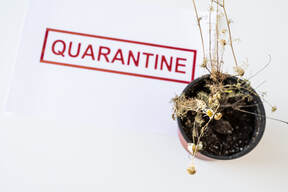 By Michelle Woodward, LPC In the recent months, we’ve had to face unexpected changes and hardship of a pandemic and there is no doubt that we are in the beginning stages of a huge mental health crisis involving psychological trauma. COVID-19 will leave a large percentage of our population traumatized and not knowing where to get the help they need. I recently watched a video by Bessel Van der Kolk, leading expert in trauma and author of The Body Keeps Score. In the video he discusses Psychological Trauma in the Age of Coronavirus. I've highlighted six points from the video on how we can minimize the impact of this trauma on ourselves throughout (and after) quarantine. Though the video was created specifically with Coronavirus in mind many of the points can be applied to all traumas. So, what sets people up for trauma and what can we do about it? See these helpful tips below:
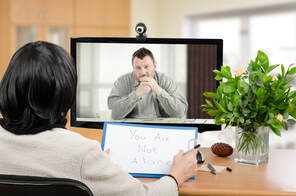 By Sarah Trance, LMFT If you’re a therapist or mental health counselor, you’ve likely been thrusted into virtual sessions during COVID-19 and I know it's not ideal. I think we can all agree that face-to-face sessions feel better to us; our norm in many ways, and during time of crisis and chaos, it makes sense to crave your normal. But, we’re in a time where it’s vital to focus on the silver linings! I'm learning that there can be some great aspects to telehealth including our ability to have access and give care to our clients, continuously. So, how do we make this work?! I've compiled some tips over the last few weeks based on my own experiences, feedback from colleagues and open dialogue with clients on how to transition to or begin virtual sessions:
situations. This isn't going to be possible for all clients so how can you process with them what will and will not work? -Be straightforward in what you're hoping for, set your boundaries but be willing to be flexible – it’s needed right now! -Make note of something that feels like a ‘clinical issue’ versus ‘necessary’ during this time (re: what does it mean if the client is eating during session or are chatting from their bed? 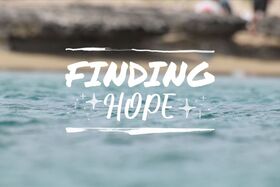 By: Jenna Hendricksen, MA, MFT-LP Right now we are experiencing a new norm. Something we have never experienced before which has left us in a place of confusion, uncertainty, and in a state of anxiety. We do not know what our world has in store for us and that is alarming. Fortunately, we do know that if you are not an “essential” worker you have one very specific job. STAY HOME. This is likely the only time in our lives that laying around in pajamas can save the world. However, the safety of your home does not mean your anxiety goes out the window. We are all feeling worried and it is valid. I saw a quote this week that caught my attention, and I challenge you to take a moment and think about it... “Try to remember that anxiety is a blend of fear and hope, and see if you can keep the hope part in mind too.” (unknown) 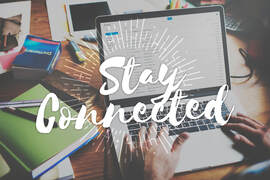 By Sarah Trance, LMFT We’ve begun settling into the new normal in NYC and the Greater New York area. Many are already experiencing cabin fever and feeling ‘stir crazy’ with the daunting idea of time. Scott Kelly retired NASA astronaut, wrote a great article in the NYTimes about how he dealt with isolation and encourages us all to remember that we are connected. Although we realize that tidying-up is a great way to clear your mind and feel organized, not everyone has that bandwidth at the moment. Take a look at some tips we’ve collected throughout the week the help you find some calm and connected moments in spite of social distancing.
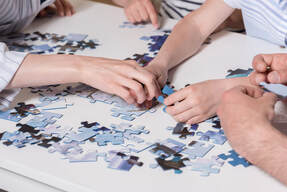 By Amanda Craig, PhD, LMFT One of the hardest commodities to come by in life has now been mandated... TIME As hard as it is to slow down and change habits, this is our present reality. To support the health and wellness of our communities we must make changes to our "business as usual". One change we can make is the way we spend time with our families. Many who work in the city, travel a lot for work or have long hours are being asked to stay home. Schools are closed, activities are cancelled, restaurants are empty. Our daily routine has been turned upside down. How can you embrace this "opportunity" through emotional connection? Emotional Connection is essential for optimal health and wellness. Now is a good time to reconnect with our children and partner. When we are in emotionally connected relationships we know the other person will support us, is part of our team, and will have our back in times of trials and tribulations. Emotional connection soothes our nervous system and makes us feel healthier and happier. We feel calm, have more energy, have a more optimistic outlook and are better able to deal with tough stuff, like the uncertainty we are all experiencing.  by Sarah Trance, LMFT During trying times, why does it seem that we lose compassion? Fear and anxiety as a collective group can trigger characteristics that we don’t usually see in ourselves and that we don’t really like. David Brooks has a recent article in the New York Times around the history of pandemics and its effect on collective culture. When compassion dies, it seems that we lose collectivist needs and shift to individualistic ideals like buying all of the toilet paper and hand soap, continuing to travel to the office for fear of lost business, and battling our fellow neighbors in Facebook commentary about the need, or lack thereof, to close schools.  (Source: Pexels) Image: https://images.pexels.com/photos/1550648/pexels-photo-1550648.jpeg?auto=compress&cs=tinysrgb&dpr=2&h=650&w=940 (Source: Pexels) Image: https://images.pexels.com/photos/1550648/pexels-photo-1550648.jpeg?auto=compress&cs=tinysrgb&dpr=2&h=650&w=940 By Brenda Nichols For the sole use of manhattanmft.com Albert Einstein once said, “Intellectual growth should commence at birth and cease only at death.” In other words, learning is a lifelong process. That’s because a lifetime of learning is good for you, as it will not only keep your brain sharp, but it's also good for your mental well-being. In this article we will look at why lifelong learning helps a person’s wellbeing and what you can do to make sure you never stop learning. A brain boost Learning of any kind can boost mental wellbeing, whether it's a hobby or going through a full online education course. Case in point, an editorial on adult education published in the International Journal of Lifelong Education notes a point made by University of Stirling professor John Field: That adult learning not only increases people’s chances of “making it in life,” but also improves their mental well-being. This follows the research done by other higher education institutes on the subject, with psychology professionals at Maryville University pointing out how newly recognized connections between learning success and mental health are being discovered. These connections show a clear link between the ability to learn and a good mental wellbeing.
|
Categories
All
Archives
March 2023
|
[email protected]

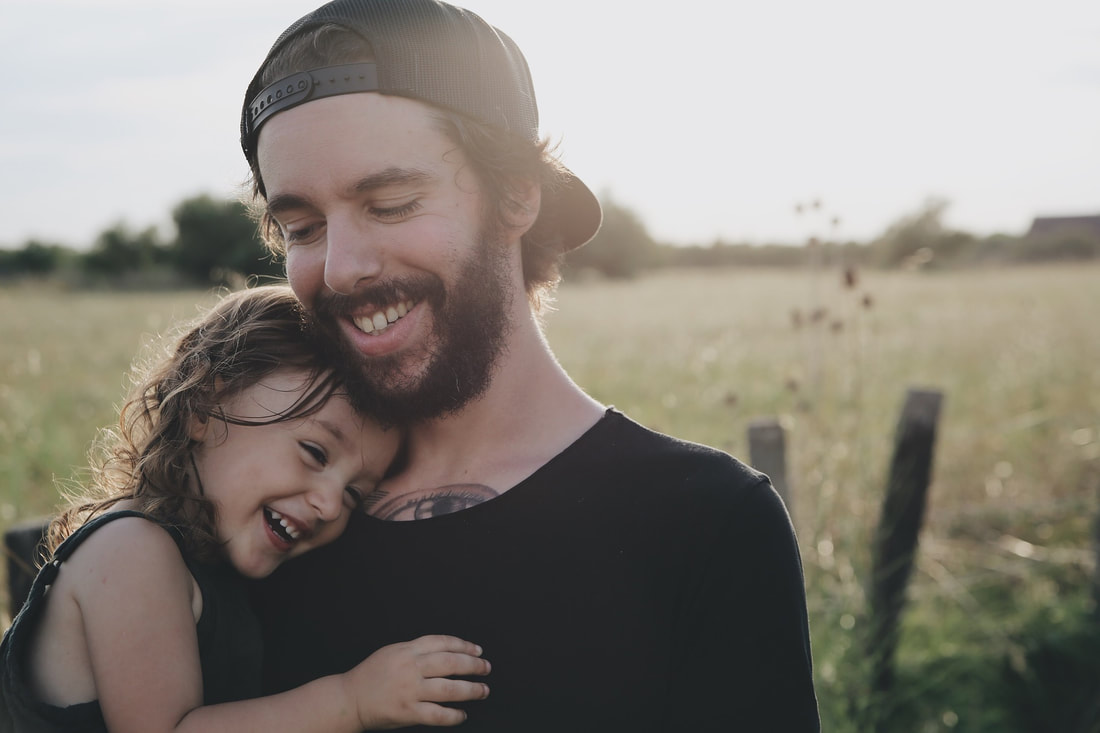
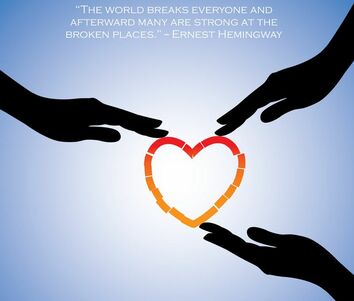
 RSS Feed
RSS Feed